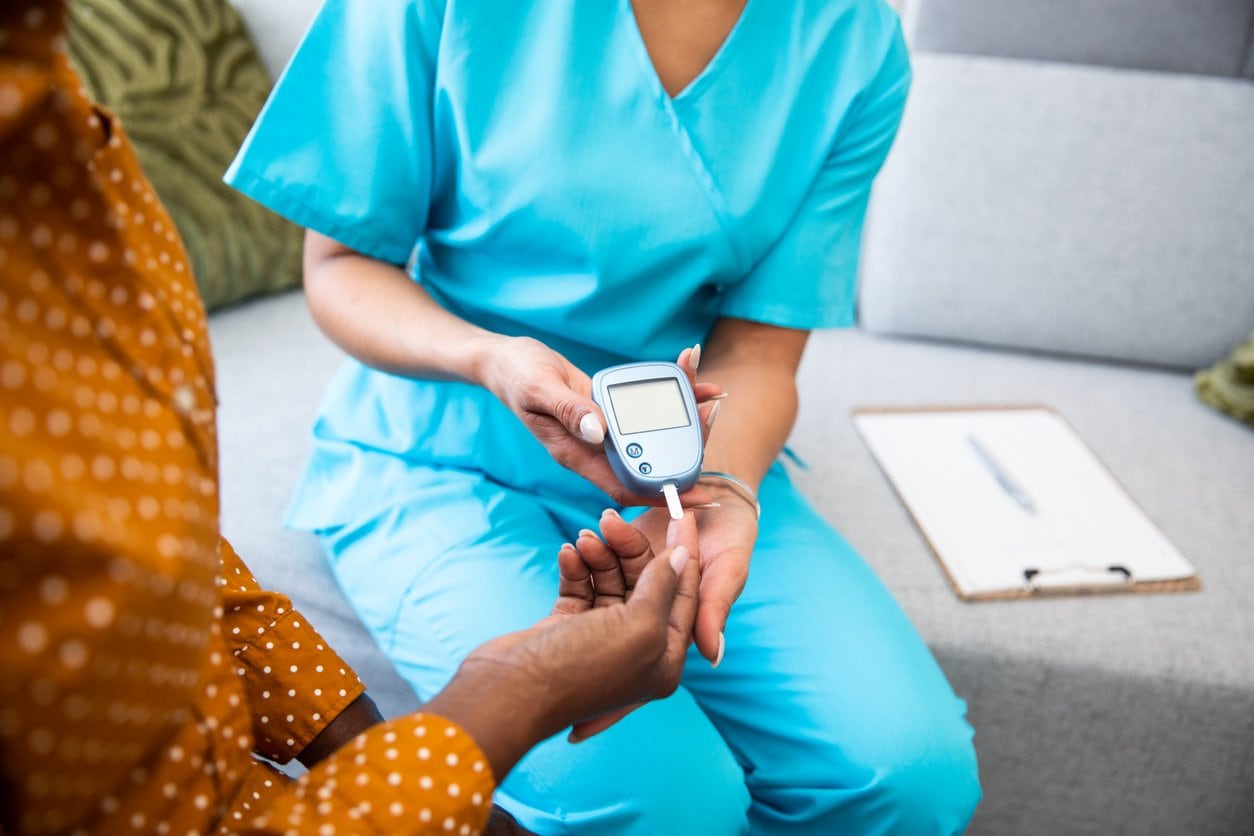Your Diabetes Checklist

If you have been recently diagnosed with diabetes, you are not alone. Approximately 34 million Americans have diabetes. Navigating a new diagnosis, no matter what it is, can be frustrating, frightening, and confusing. Everything from your meal plan and exercise to your sleep has to be carefully monitored to prevent fluctuating blood sugar. Feeling overwhelmed is normal, but it's also important that you don't let your emotions get in the way of treating your condition. Managing your diabetes means making some changes that may be difficult. Your doctor, diabetes educator, dietitian and others can help you to succeed at taking control of your diabetes. Here's a checklist to help you determine the first steps you should take.
Have a Routine
Having diabetes means that your body has difficulties regulating your blood sugar on its own. Having a set schedule for eating, sleeping, exercising, and administering medication will help your body be better able to regulate blood sugar levels and will help you feel better about having control.
Check and Record Your Blood Sugar Levels
This step is important every day, but especially if you're new to understanding diabetes and how different foods, your medications, and your daily exercise affects your blood sugar. You should write down your blood sugar at different times throughout the day so you can start to learn the patterns. You should know the target range for your blood sugars. If your blood sugar levels are too high or too low, your doctor may suggest changes to your meal plan, exercise or medications.
Exercise and Improve Diet
As with many things in life, diet and exercise can greatly improve and help keep your blood sugar in target range. What you eat and when you eat can impact your blood sugar levels, but this doesn't mean you have to give up all the foods you like. Consider speaking with a registered dietitian to create a healthy meal plan that works for you. Exercise can also help the insulin you have work better and lower your blood sugar levels. Find some activities that you enjoy and schedule about 30 minutes most days. The best exercise is the one you will do.
Medication Management
Even if you're taking all the necessary steps with meal planning and exercise to manage your blood sugar, there may be times when your body needs medication. Make sure you take it as prescribed by your doctor. Although you may start by taking pills for your diabetes, this may change. Over time, many people with type 2 diabetes may need insulin. Most important is to keep your blood sugar in target range to avoid the long term complications caused by diabetes such as heart disease, kidney disease, blindness, and amputations.
Get Routine Care
Diabetes is complicated, that's why it's important for you maintain regular communication with your primary care physician to talk about your diabetes and the different exams that you should routinely receive. These exams include eye, foot and dental exams at least once a year. Lab tests with both blood and urine to check for kidney problems and abnormal cholesterol levels. And 2 - 4 times a year your doctor will check your hemoglobin A1c. This blood test shows how well you have been controlling your blood sugar over 2 to 3 months. These results along with your daily blood sugar testing will help your health care provider manage your diabetes.
Living with diabetes can present many challenges, which can lead to a lot of stress. At Sturdy, we offer a support group that encourages open discussions about finding ways to problem solve and be among individuals who understand. This group also functions as a resource for friends and family whose lifestyles may also be impacted by your diagnosis. With your doctor's referral, you may be directed to our Diabetes Management Program to help provide you with tools to help you along the way. Having a support system that allows you to have open, non-judgmental communication about your diabetes will help you feel comfortable with finding healthy ways to cope.